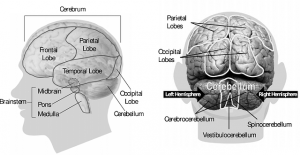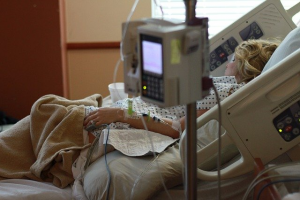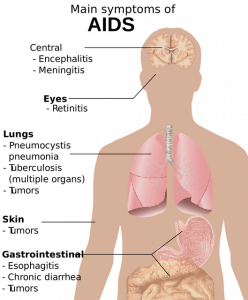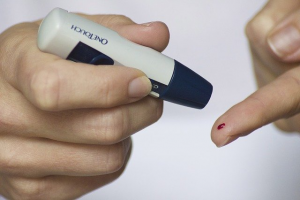
The long-time selenium researcher Professor Dr. Lutz Schomburg has reviewed the nutritional and preventive medicine aspects of selenium supplementation. In his mind, a selenium deficiency in and of itself constitutes a health risk that should be corrected by dietary measures or by supplemental selenium intake [Schomburg 2020].
He interprets the available evidence for positive health effects of selenium supplement as the outcome of correcting a deficiency or insufficiency of selenium.
His review of the research literature indicates that selenium supplement does not cause diabetes. Instead, the current evidence suggests that the development of type 2 diabetes with low insulin levels and high glucose levels may be causing increases in selenium levels; hence, the perceived association between the incidence of diabetes and the higher selenium status [Schomburg 2020].









 Selenium and viral infections, what do we know?
Selenium and viral infections, what do we know?